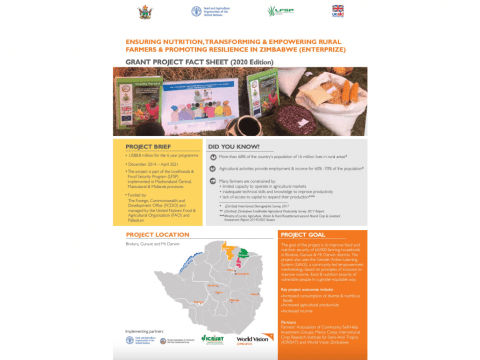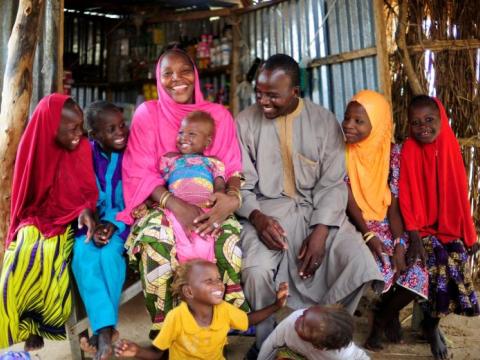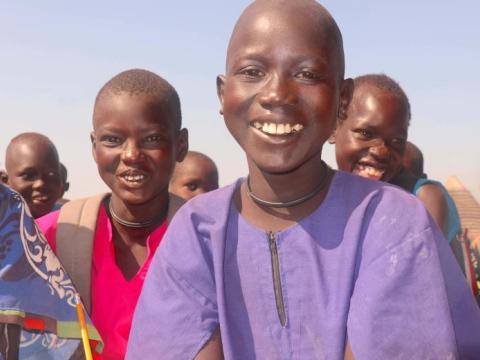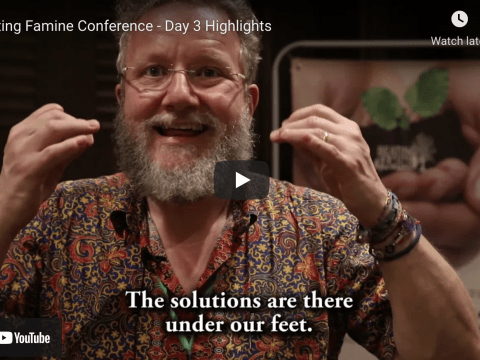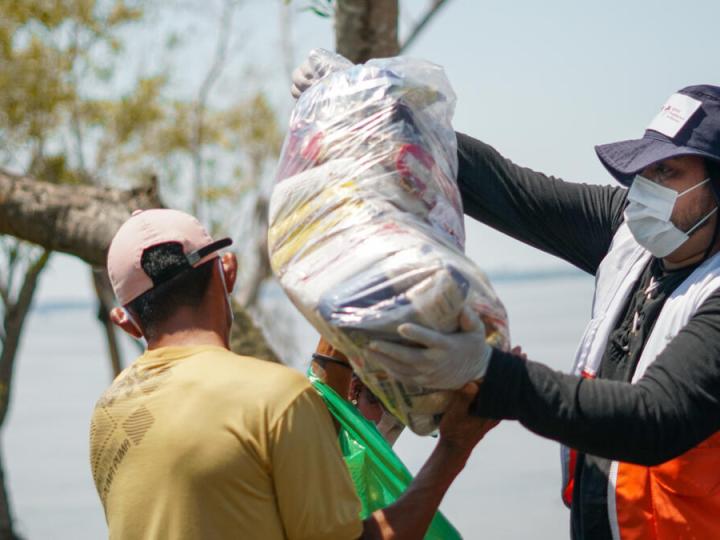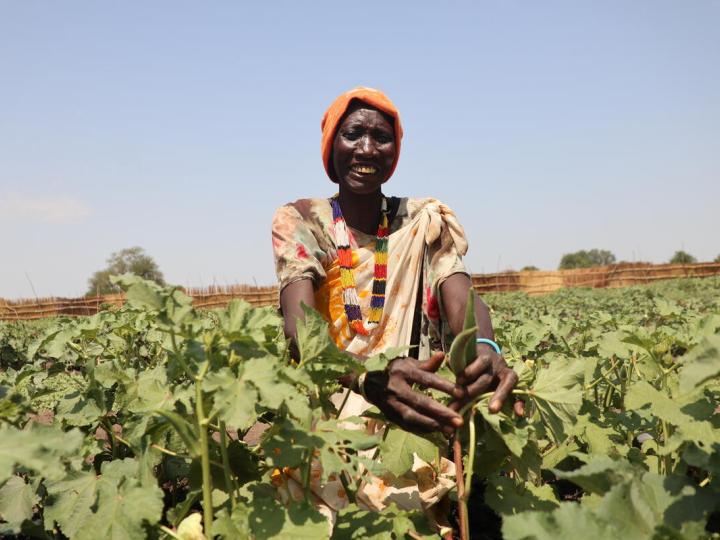
Food and Agriculture Organization of the United Nations

World Vision and the Food and Agriculture Organization of the United Nations (FAO) have partnered since 2011 with the aim of promoting global food security and resilient livelihoods. The partnership was renewed in 2020, as climate change is exacerbating the global food system. Both partners strengthen the collaboration towards mutual objectives through a number of global initiatives such as the UN Decade on Ecosystem Restoration, the Committee on World Food Security, World Food Day, Zero Hunger Challenge, and the Global Food Security Cluster (gFSC).
The successful results of the collaboration arise from combining both quick wins for short-term impact and systemic change for long-term sustainability. World Vision and FAO have worked in Angola, Somalia, South Sudan, Uganda and Zimbabwe where technical capacity has been strengthened through knowledge exchange and technical expertise sharing, and ensuring local participation in policy discussions.
“The long-standing partnership between FAO and World Vision is one in which we place great value. We have achieved a lot together, at global and national level, and I look forward to building an even stronger relationship. As we work together as a community to meet the Sustainable Development Goals, partnerships such as this one can truly make a difference."
-Rein Paulsen, Director, Office of Emergencies and Resilience
